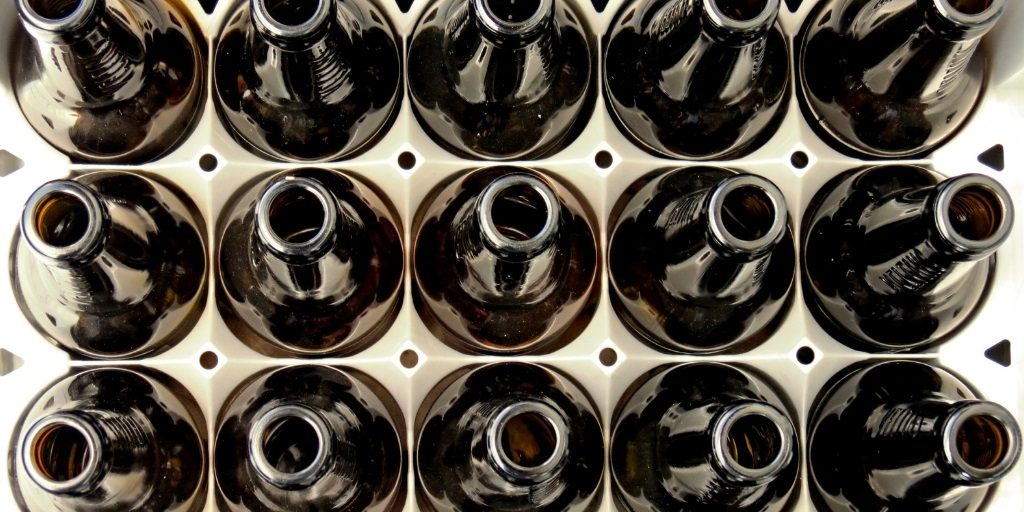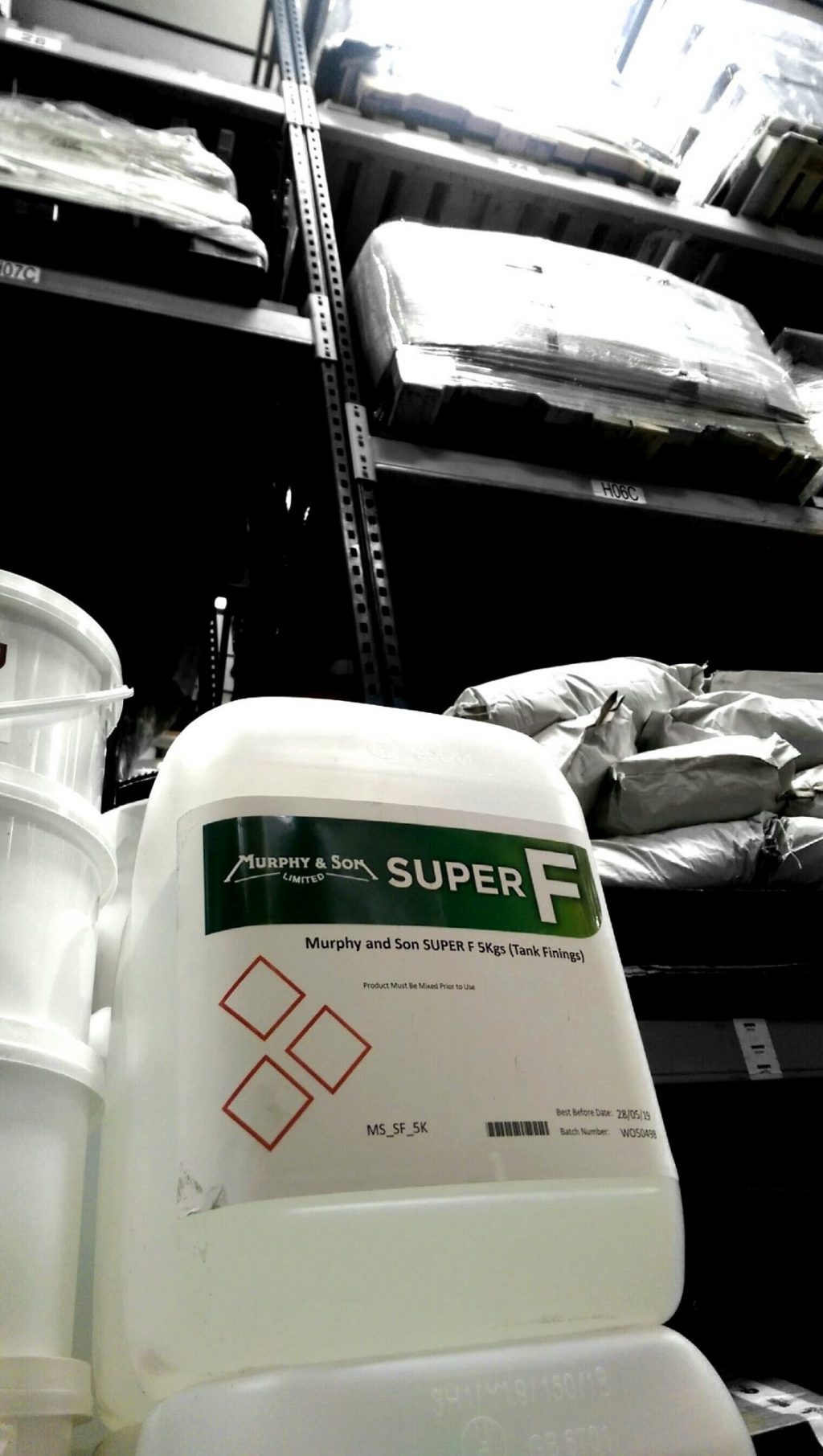Current trends in “free from Beer”
There is an ever increasing demand for food and drink to be designed that excludes one or more ingredients with which some consumers are either allergic or have an intolerance.
In beer production our current focus is Gluten Free/reducing, Vegan and alcohol free, as these demands are at a growing rate. It is here where we can help, by assisting you in the creation of a comprehensive ‘free from’ range to add to your portfolio and help meets these ever decreasing demands.

Gluten Free Beer
- Around 1 in 100 people in the UK suffer from Coeliac disease in the UK.
- Despite this small number of people with the illness, it’s estimated 8.5 million people are following reduced gluten or gluten free diet.
- For a food stuff to be classified as “gluten free” it needs to contain 20 ppm or less of gluten. This is required by law.
- Very Low Gluten is 100 ppm or less – there are currently no known products labelled as such in UK
What is Gluten?
- Gluten is a composite of storage proteins termed proamylins (hordeins) and glutelins in stored together with starch in the endosperm of grains.
- Found in wheat, barley, rye and oats.
- When making bread it is the kneading process that aligns these proteins to give dough elasticity and bread it’s structure.
Steps to reduce gluten in beer
- Recipe Alterations
- Exclude or reduce wheat, rye, oats etc
- Use of brewing sugars and syrups
- Use of adjuncts such as maize
- Brewing Process
- Is the mashing regime right? Can this be altered in increase protein break down
- Is the finings regime correct? Copper finings, auxiliary finings, isinglass, super f, silica gels
- Extended conditioning time
Use of Brewers Clarex
This is a highly specific endopeptidase added to chilled wort at start of fermentation 1-3g per Hl. Originally designed for chill haze reduction, it cleaves polypeptides at the proline end to prevent formation of polyphenol protein. It also breaks structure of glutens. It affects no other beer parameters
Requires Careful Management
- Managing the risks of gluten free is a challenging process
- Easiest and best way to manage is to test every batch via the Elisa R5 Analysis Method via an accredited lab.
- As beer starts with ingredients containing gluten, a whole new risk assessment, HACCP plan needs to be put in place.
- It can get messy if the gluten target is missed and beer is packaged or ready to be packaged.
- Coeliac Society are a great source of advice and information.
 Vegan Beer
Vegan Beer
- Estimated 3.5 Million people following some sort of vegan lifestyle.
- The Vegan Society carries the trademark for vegan standards and offer help support and audits.
- For Accreditation the following standards required:
- Free From Animal Ingredients
- Free From Animal Testing
- If GMO – Free from Animal Genes
- Hygiene Standards – including avoiding mixing
Use of Super F – Vegan Finings
- Silica and polysaccharide based fining effective against yeast, protein and other haze forming compounds.
- Extended 9 Month Shelf Life and low dose rates
- Most effective at 0-5oC with yeast counts 1-8 million viable yeast count.
- Existing Customers achieving “Bar Bright” Beer pre-filtration.
- Increases filter runs and decreases conditioning time
- Works well with Auxiliary and Copper finings
- Requires regular optimisation.
Alcohol Free Beer
- 1 in 3 Brits have tried an alcohol free beer.
- 1 in 10 women consume weekly
- 1 in 5 Londoners consume when they are out
- ABInbev predict sector to grow to 20% of total volume by 2025
- Impact of sugar tax and dry January
- Current UK Legislation:
- Alcohol-Free = no more than 0.05% ABV
- De-alcoholised Beer = no more than 0.5% ABV
- Low-Alcohol Beer = no more than 1.2%
- Alcoholic Beer = Greater than 1.2%
- Europe less than 0.5% = Alcohol Free
Producing Alcohol Free Beer
- Alcohol Stripping / De- Alcoholising systems
- Low Fermentable Brewing
- Cold Contact
- Use of yeasts with reduced fermentation activity (e.g. Saccharomyces ludwiggi).
- Additives (many taken from Cider and Wine) to reduce yeast growth and spoilage.
- Cerex : Malt Extract
Use of CereX: Malt Extract
- Used as a base for alcohol free beer – Made with a brewers philosophy.
- Production similar to beer – Mash, lautering, boiling then evaporation to concentrated syrup.
- Ready stabilised – Low oxygen, filtered and stabilised.
- Ready to dilute – add flavourings, hop extracts, colours, coffee – endless possibilities!
- Quick turn around, short vessel occupancy time.
- Requires no yeast contact or fermentation so suitable for Halal markets.

For more information please contact Murphy & Son Ltd: If you need any advice about our range or lab services please contact the technical line on 0115 978 5494 and select 5, we are always happy to help or email techsupport@murphyandson.co.uk

